Where our research begins
Understanding the balance between people and the planet
Modern societies face a profound challenge: how to manage the Earth’s limited and largely common-pool resources—our air, water, soil, and biodiversity—while ensuring human well-being. Unsustainable consumption, global inequality, and accelerating climate and ecological crises show that our current systems of production and governance are out of balance. Addressing these challenges requires not just better data or technology, but a new way of understanding the complex feedback between nature, economy, and society.
LCSES research brings together scientists from environmental sciences, economics, social sciences, and digital humanities to co-develop these new narratives and solutions. It is a place where ecologists and economists model how ecosystems and economies interact, where philosophers explore the ethics of sustainability, and where data scientists use AI to uncover patterns in global change.
‟ “[T]he creation of a fifth interdisciplinary centre, the Luxembourg Centre for Socio-Environmental Systems, opens up new perspectives for understanding the interactions between societies and the environment, and for identifying pathways towards sustainable and equitable development.”
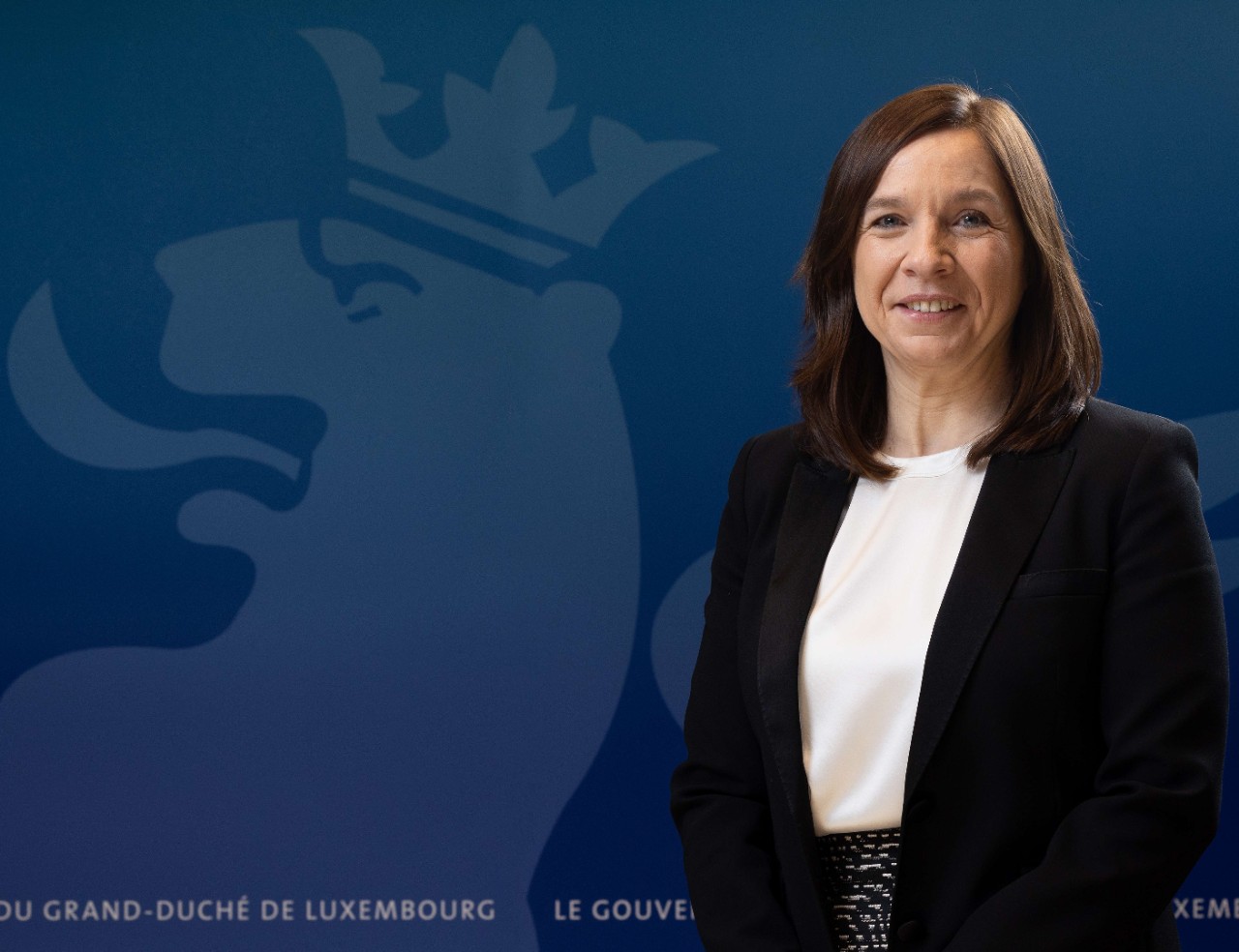
Minister for Research and Higher Education (speech at the ceremony marking the start of the New Academic Year 2025/2026 of the University of Luxembourg, 18.09.2025)
LCSES research focuses on humanity’s most vital common resources—biodiversity, health, water, energy, and climate—and how they can be managed fairly within planetary boundaries. By synthesizing scientific knowledge across disciplines, the center develops integrated models and evidence-based insights to inform global policy platforms such as IPBES and IPCC.
Using a global lens while remaining rooted in national, regional, or local contexts, preferably in the Global South, LCSES will integrate empirical methods, system-level analysis, and synthesis science, including meta-analytic approaches, to develop holistic and actionable insights.
Connecting disciplines to shape solutions for a shared world
Our goal is to bring people and ideas together across different fields. We create a space for collaboration, creative thinking, and shared learning, so we can tackle today’s big environmental and social challenges together.
A strong emphasis is placed on synthesis approaches, such as meta-analytic tools and large-scale health data analysis, to systematically integrate evidence and identify patterns across diverse health outcomes. We build expertise and a creative thinking space to connect, facilitate and promote the collaboration between the different fields.
-
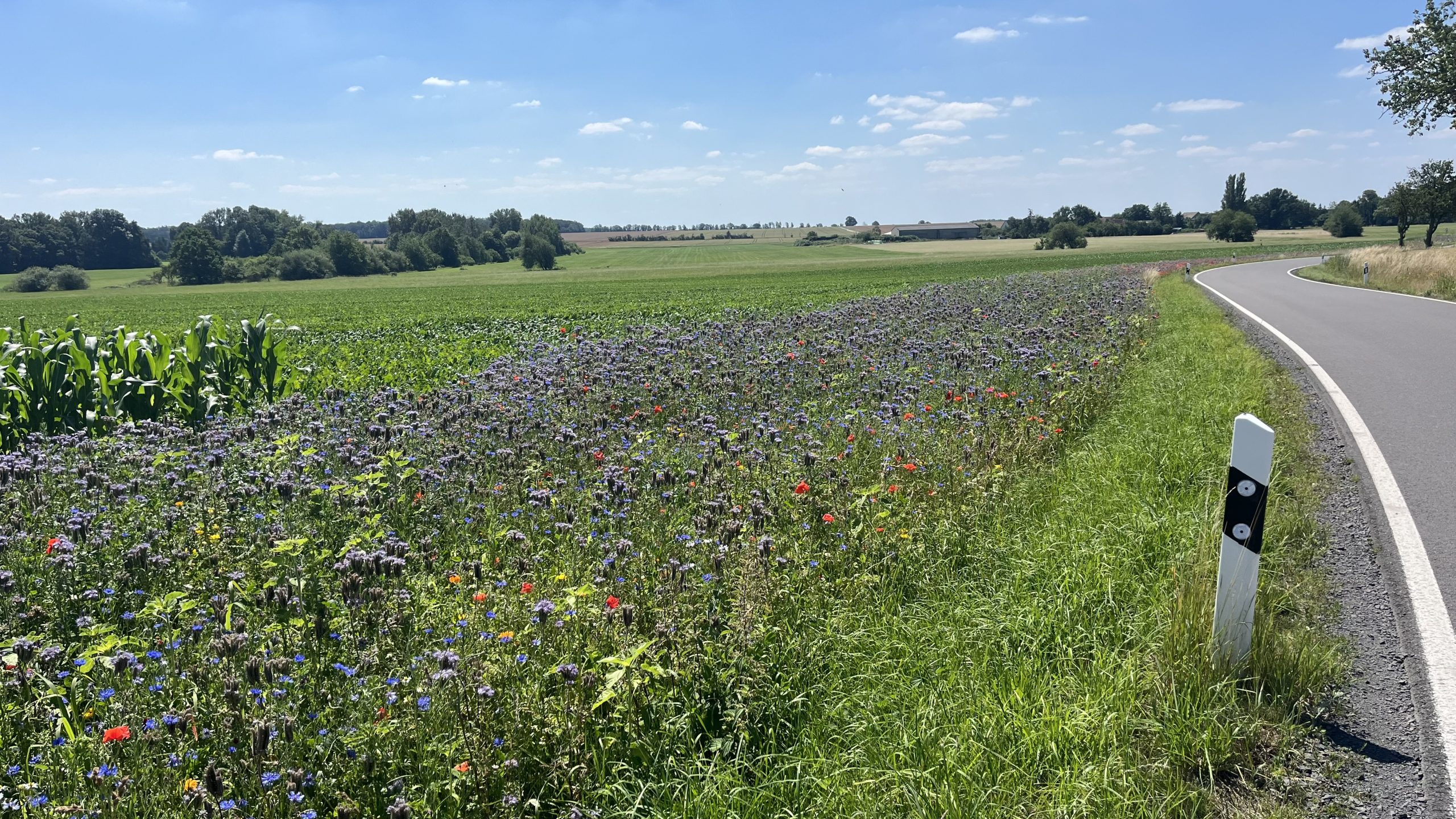 BRR
BRRBiodiversity and Renewable Resources
Today’s predictive understanding on how climate and land use change affects biodiversity and ecosystems in their ability to provide the resources humanity relies on still is fragmented. We aim to develop models that comprehensively study ecosystem functioning and biodiversity feedbacks in a predictive manner and provide the methodological base to study biodiversity and ecosystem function trends and help mapping out the maneuvering space for societies with respect to resource use and the options on how to bend the curve of biodiversity loss.
-
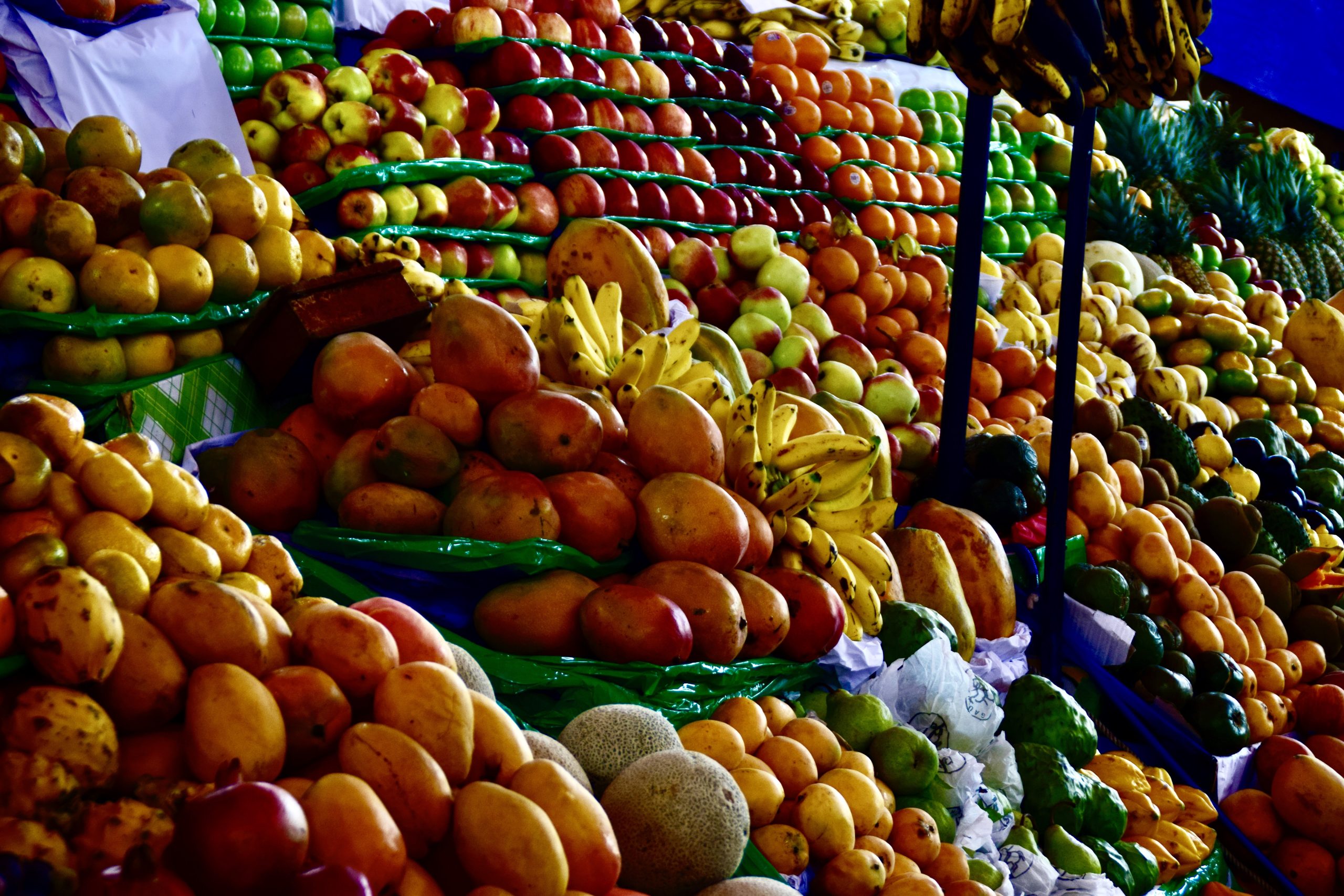 GFS
GFSGlobal Food Security
Global food security encompasses ensuring the availability, safety, and sustainability of food in the face of accelerating environmental change, global resource constraints, and shifting socio-economic conditions. We aim to move beyond increasing agricultural output by examining the broader systemic dimensions of food security—including food distribution, nutrition, and the socio-economic drivers of inequality.
-
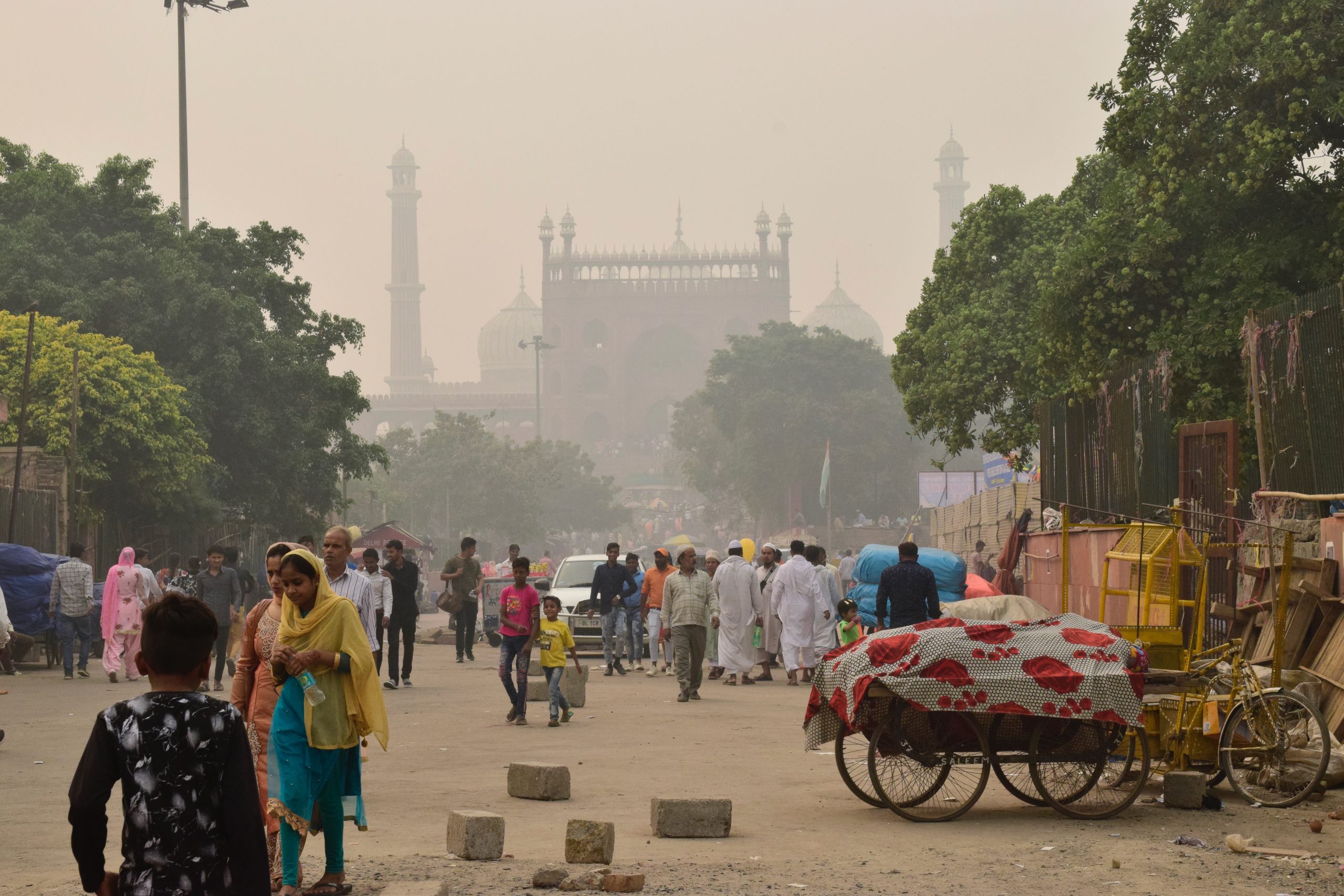 GH
GHGlobal Health
Global health addresses the growing challenges to human health stemming from the pressures of continuous climate change, environmental degradation, pollution, resource scarcity, and global interconnectedness. We will conduct quantitative research on the combined effects of these drivers on various facets determining human health, such as zoonotic diseases, nutrition insecurity, or climate-induced health risks.
-
 CE
CEClimate extremes
Considering that the Earth’s system is continuously transitioning into uncharted climatic conditions we need to advance our understanding of climate extremes and their impact on the environment and people. We aim to capture various facets of climate extremes such as temperature extremes, extreme precipitation events, wildfires, and focus on compound hazards.
-
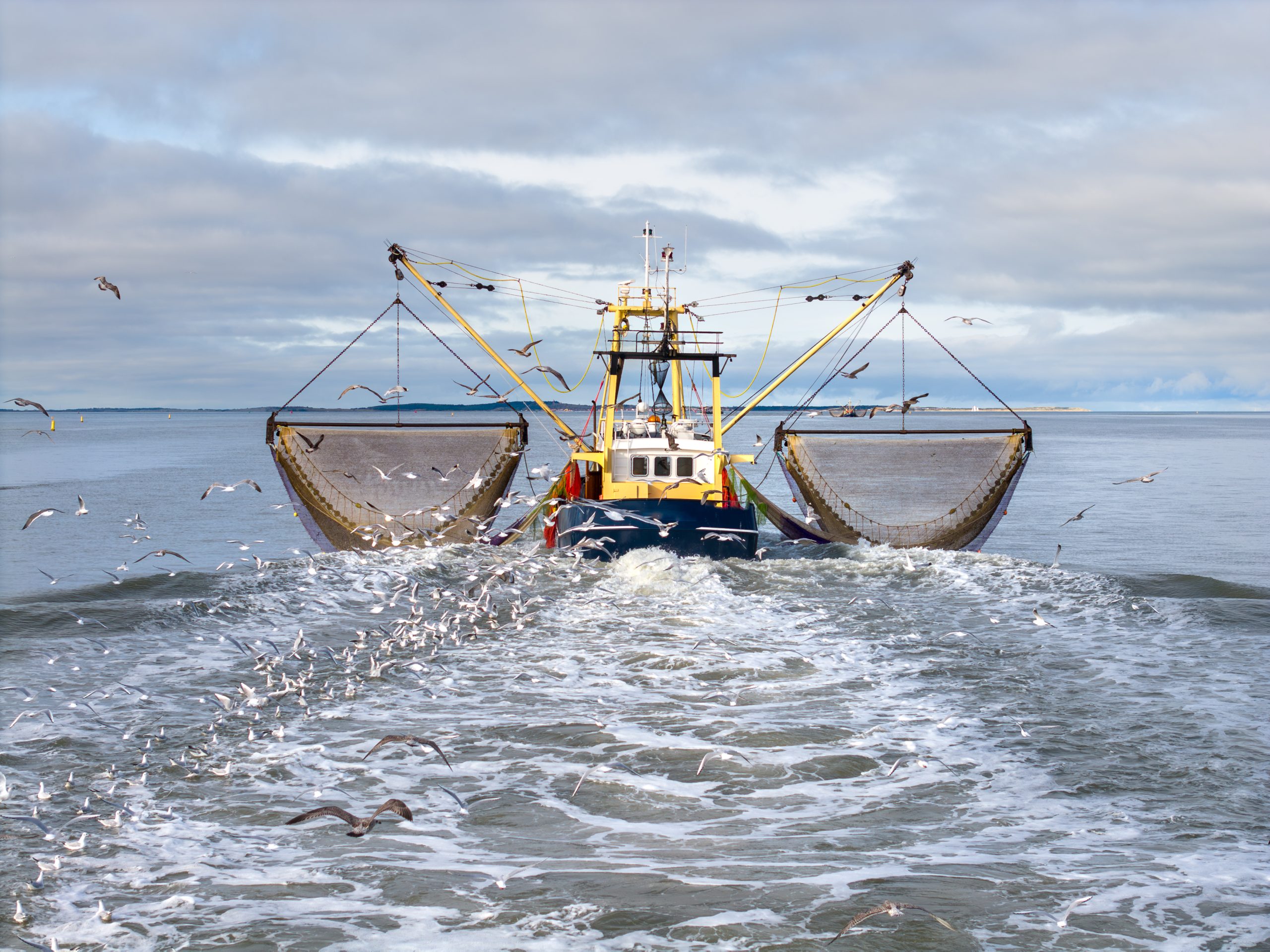 EEC
EECEconomics of Environmental Commons
Understanding how an economy functions based on renewable resources provided by (limited) ecosystem functioning given a (declining) biodiversity poses enormous challenges to research. The economics of global limited common pool resources seeks out for principles of an economy that is capable of sustainably managing limited resources. What is the consequence of a 60 to 100-year period that has led to an extreme unequal distribution of financial resource? How does unequal distribution of financial powers affect today governance, economy and freedom?
-
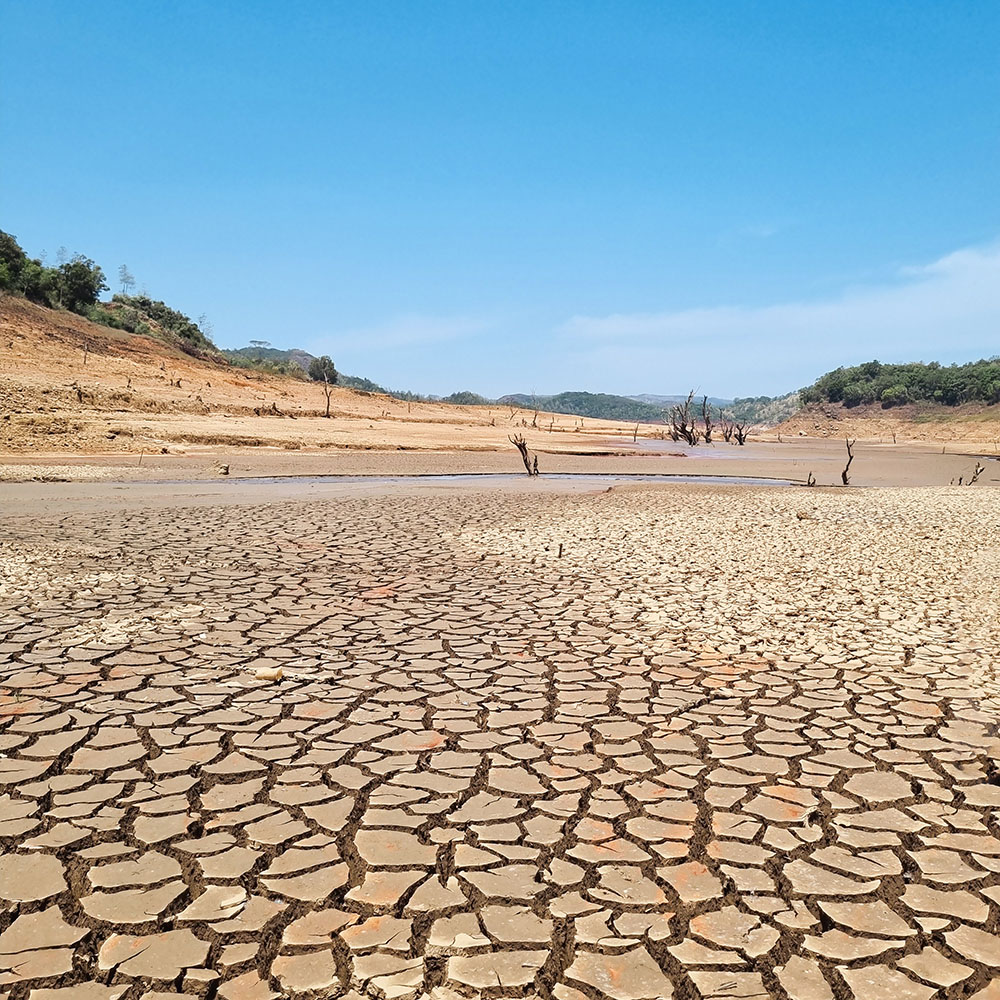 WAVES
WAVESWater Availability, Variability & Scarcity
Water scarcity is increasingly shaped not only by long-term climate change, but also by hydroclimate variability and rapidly shifting patterns of water availability across land and inland waters. We aim to advance a predictive, quantitative understanding of how scarcity emerges and evolves across regions and seasons by developing indicators and models that integrate Earth observation with complementary modelling approaches. Our research provides the methodological basis to monitor and anticipate changes in water availability and scarcity, and to support cross-scale assessments from basin to global levels.